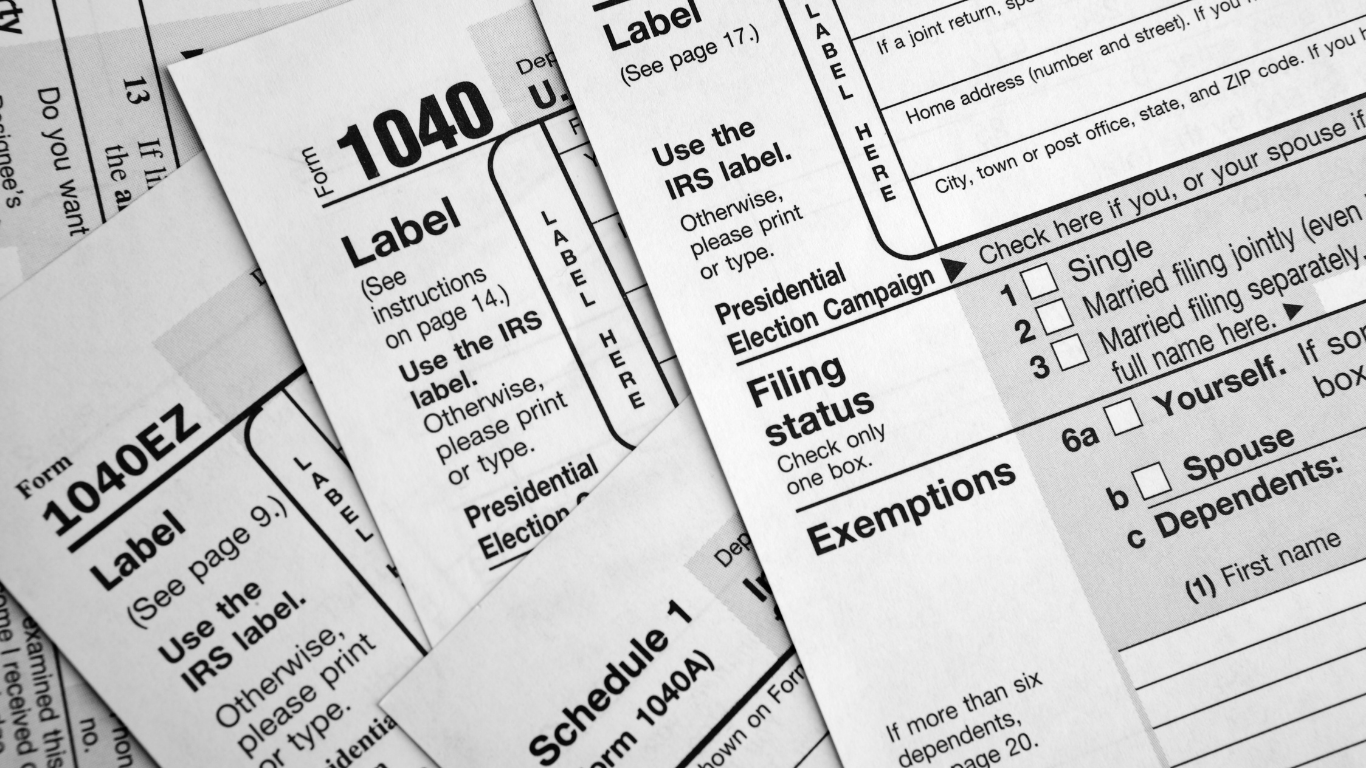How New Jersey Inheritance and Estate Taxes Affect Your Planning

Estate planning in New Jersey comes with unique considerations, especially when it comes to taxes. While the federal government imposes an estate tax on very large estates, each state decides whether it will add its own tax burden. For many years, New Jersey was considered one of the most challenging states for estate and inheritance taxes. Although recent reforms have changed the landscape, it is still crucial for families to understand how these taxes work and how they can affect the legacy you leave behind.
Estate Tax vs. Inheritance Tax: What’s the Difference?
Although the terms are often used interchangeably, estate taxes and inheritance taxes are not the same.
Estate tax is applied to the overall value of a deceased person’s estate before assets are distributed to heirs.
Inheritance tax is assessed on the individual beneficiaries who receive property or assets, based on their relationship to the deceased.
New Jersey eliminated its state-level estate tax in 2018, which relieved many families of a significant financial burden. However, the state still imposes an inheritance tax, making it one of the few states in the country to do so.
Who Pays New Jersey’s Inheritance Tax?
Whether your heirs owe inheritance tax depends largely on how they are related to you. Beneficiaries fall into different categories under New Jersey law:
Class A Beneficiaries: Spouses, civil union partners, children, grandchildren, parents, and grandparents. These individuals are fully exempt from inheritance tax.
Class C Beneficiaries: Siblings, children-in-law, and sons- or daughters-in-law. They are subject to tax after the first $25,000, with rates ranging from 11% to 16%.
Class D Beneficiaries: All other heirs, such as cousins, nieces, nephews, or friends. Their tax rates begin at 15% and can go as high as 16%.
Class E Beneficiaries: Certain organizations, such as charities and religious institutions, are exempt.
This means that even though your immediate family members may be shielded, leaving assets to more distant relatives or friends can trigger a significant tax bill.
Federal Estate Tax Considerations
While New Jersey no longer imposes its own estate tax, the federal estate tax may still apply for very large estates. As of 2025, the federal exemption is set at just over $12 million per person, although this threshold is scheduled to decrease in 2026 unless Congress acts to extend it. For married couples who plan properly, the exemption can effectively double.
Even if your estate is not large enough to trigger federal estate tax, you may still need to plan around New Jersey’s inheritance tax rules to minimize the burden on certain beneficiaries.
Planning Strategies to Reduce the Tax Impact
Proactive estate planning can help ensure that more of your assets pass to your loved ones and less goes to taxes. Common strategies include:
1. Using Trusts to Control Distributions
Trusts can allow you to direct how and when assets are distributed. Certain trust structures may reduce or avoid inheritance tax liabilities, especially when passing wealth to beneficiaries outside the Class A category.
2. Gifting During Your Lifetime
New Jersey does not impose a tax on lifetime gifts, but there is a three-year lookback rule. If you pass away within three years of making a gift, it may be treated as though it were part of your estate for tax purposes. Strategic gifting, when done well in advance, can help reduce exposure.
3. Leaving Assets to Exempt Beneficiaries
Since Class A beneficiaries are fully exempt, directing more of your estate to them—or to charities—can minimize tax exposure for Class C or D heirs.
4. Life Insurance Planning
Life insurance can be used to provide beneficiaries with funds to cover anticipated taxes, ensuring that they are not forced to sell off assets to meet tax obligations.
Why Professional Guidance Matters
Tax laws are complex and subject to change. New Jersey’s recent repeal of its estate tax shows how quickly things can shift, and the scheduled federal estate tax exemption decrease in 2026 may affect families who never thought they would owe federal tax. An experienced estate planning attorney can tailor strategies to your family’s unique situation, ensuring your wealth is preserved and passed on according to your wishes.
Inheritance and estate taxes in New Jersey can significantly affect the way you plan your legacy. While the state estate tax no longer applies, the inheritance tax still poses challenges for many families—particularly when assets are left to siblings, in-laws, or friends. With thoughtful planning and professional guidance, you can minimize tax exposure, safeguard your estate, and provide peace of mind for your loved ones.
Tags
Getting in touch
About us
Borenstein, McConnell & Calpin, P.C. is a Wills & Estate Planning law firm serving Central and Northern New Jersey, as well as New York City. We strive not only to give you a great client experience, but to become your trusted adviser for life. To reach Alec, please send an email to alec@bmcestateplanning.com.
NJ Offices:
155 Morris Avenue, Suite 201
Springfield, NJ 07081
3 Werner Way, Suite 230
Lebanon, NJ 08833
NY Office:
4607 Fort Hamilton Parkway
Brooklyn, NY 11219

